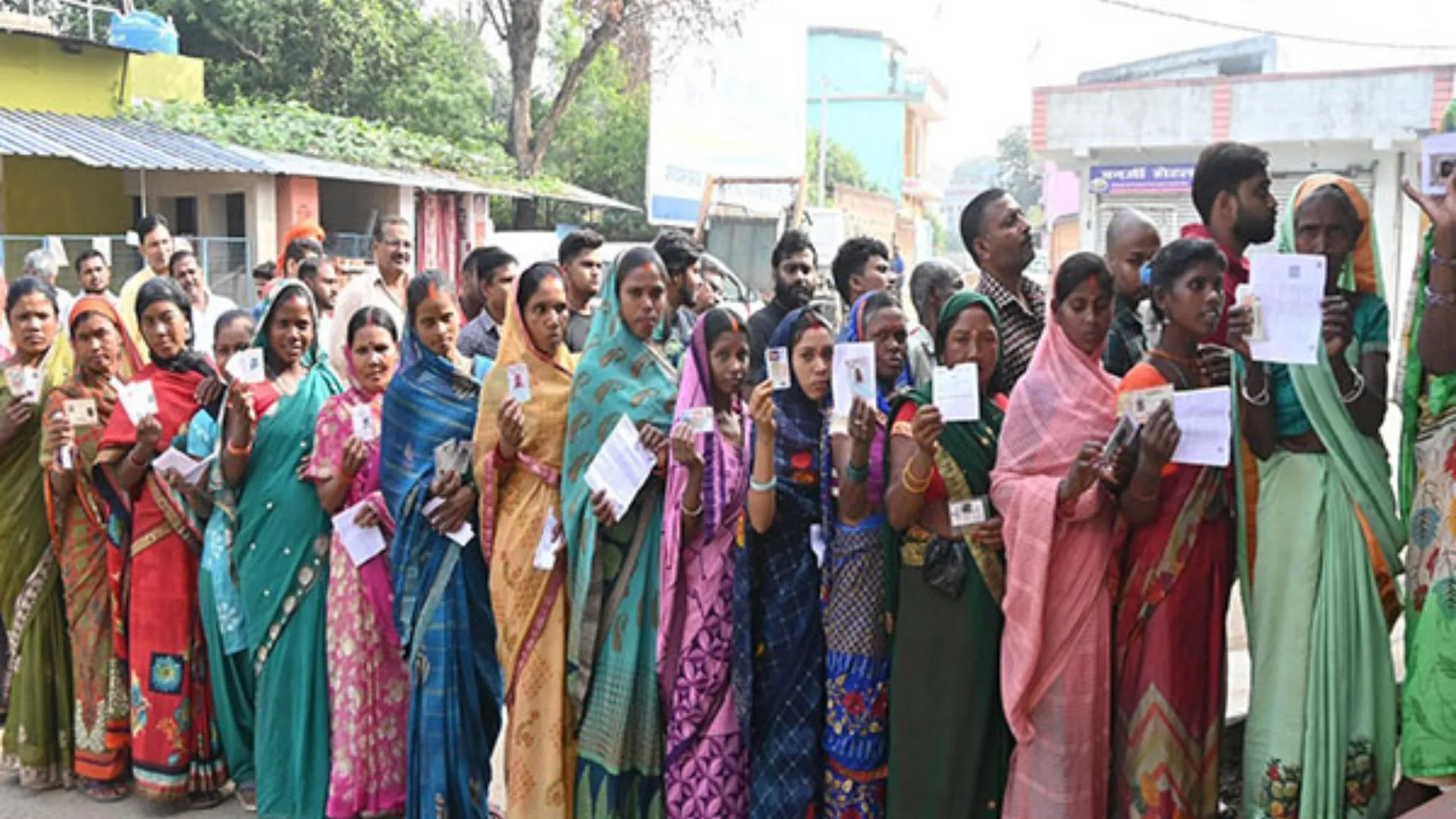Following another defeat in a Federal by-election, Canadian Prime Minister Justin Trudeau’s government is now facing a possible no-confidence motion.
This defeat occurred in the LaSalle-Émard-Verdun riding in Quebec, where Louis-Philippe Sauvé of the Bloc Québécois emerged victorious over Liberal Party candidate Laura Palestini.
Why By-Election Happened?
This by-election was triggered by the resignation of former Cabinet Minister David Lametti, who had secured his seat in the 2021 Federal election with a nearly 20 percent margin.
This latest loss follows a similar defeat in June, when the ruling party lost the ‘safe seat’ of Toronto-St. Paul’s, highlighting the declining popularity of Trudeau’s administration.
What Future Holds For Justin Trudeau
Trudeau’s immediate challenge will be to navigate the upcoming week, as the opposition Conservative Party is expected to introduce a no-confidence motion. Conservative Party leader Pierre Poilievre stated on X, “Taxes up. Costs up. Crime’s up. Time’s up.”
Meanwhile, Poilievre’s eagerness to initiate an early election is hardly surprising, as recent poll from Abacus Data revealed, that if an election were to be held now, 43 percent of committed voters would support the Conservatives, while only 22 percent would back the Liberals.
It also noted, that the gap between Liberals & conservatives has widened by 4 points since their last survey in August.
According to the National Post, modeling by Ottawa-based analyst Raymond Liu indicates that if these polling figures were reflected in the House of Commons, the ruling Liberals could drop to fourth place, with the Conservatives at 230 seats, the Bloc Québécois at 41, the New Democratic Party at 38, and the Liberals only holding 32.
But, despite the mounting pressure, Trudeau has not indicated a willingness to resign. Instead, he placed responsibility on the electorate, stating on Tuesday, “We need people to be more engaged, we need people to understand what’s at stake in this upcoming election.”
Also Read: Justin Trudeau Meets Prime Minister Narendra Modi At G7 Summit- Here’s What Happened
Although the next election is scheduled for October of next year, a loss of confidence in the House could lead to earlier polls.
The House currently consists of 336 members, with the Liberals holding a minority of 154 seats. To avoid being ousted, Justin Trudeau will now need support from either the Bloc Québécois or the NDP.
Must Read: Justin Trudeau Affirms Presence in Virtual G20 Summit Amid Diplomatic Tensions Between India-Canada

















